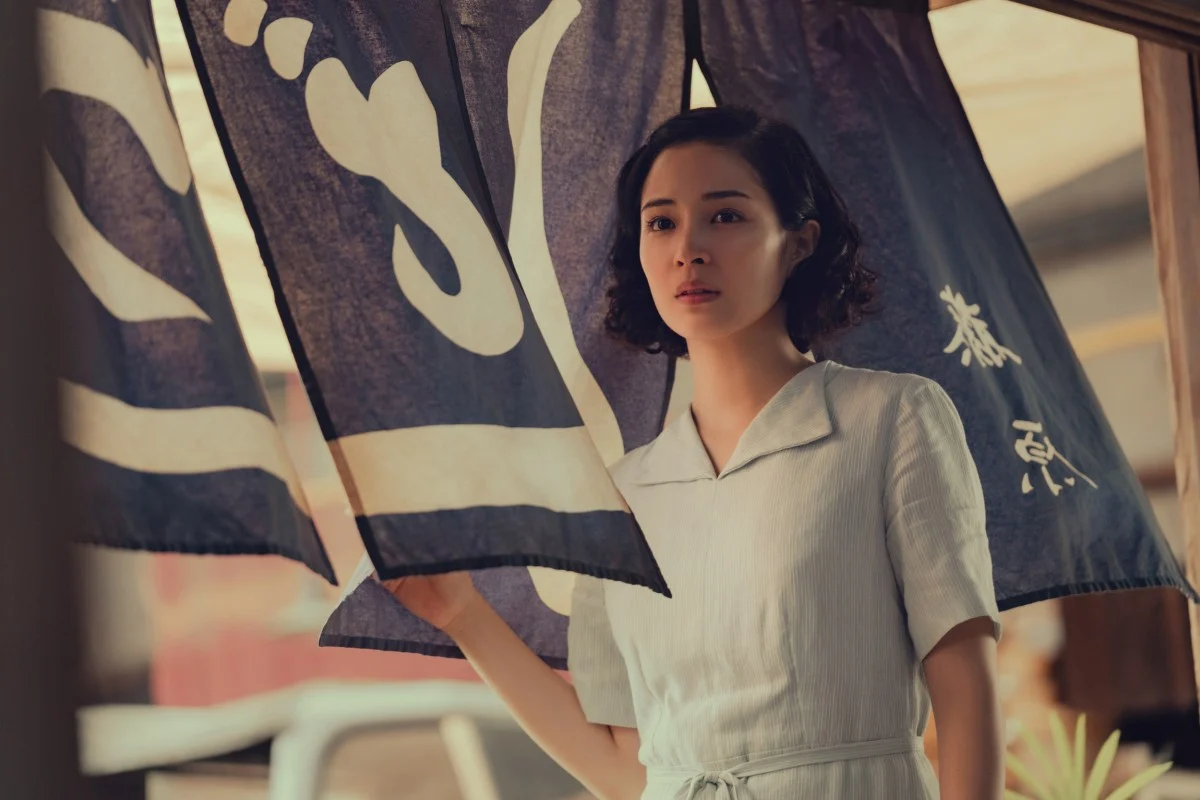In Kei Ishikawa’s visually striking film A Pale View of Hills, the theme of transformation resonates deeply as Niki (Camilla Aiko) gently reassures her mother, Etsuko (Yoh Yoshida), not to feel guilty for leaving Japan for Britain after World War II. “We all need to change,” Niki tells her, a sentiment that captures Etsuko’s painful struggle to reinvent herself amid the scars of war and the constraints of a patriarchal society.
The film adapts Kazuo Ishiguro’s 1982 novel, which narrates the life of a middle-aged Japanese woman recalling her time as a submissive housewife in post-war Japan. While the source material offers a quiet, introspective social critique, Ishikawa’s adaptation amplifies these elements, encouraged by Ishiguro himself, who co-developed the screenplay and serves as executive producer. However, this shift sometimes detracts from the novel’s intimate focus on Etsuko’s personal battles and weakens the subtle mystery that keeps both Niki and the audience questioning the reliability of her memories.
Premiered at Cannes, A Pale View of Hills echoes Ishikawa’s earlier film A Man, which also dealt with unraveling hidden pasts. Here, the investigative role falls to Niki, a Japanese-British writer seeking to write a novel about her mother’s life in Nagasaki after the atomic bombing. During a visit to their family home, Niki encourages Etsuko to revisit her past, leading to fragmented recollections of her life as the dutiful wife of a salaryman (Kouhei Matsushita) and obedient daughter-in-law to a retired schoolmaster (Tomokazu Miura).
Etsuko’s narrative introduces Satsuko (Fumi Nikaido), a vibrant single mother preparing to leave Japan with her toddler for a new life in the United States with her American boyfriend. As Niki explores her family’s history, she uncovers unsettling parallels between her mother’s story and Satsuko’s fate, blurring the lines between memory and reality.
Cinematographer Piotr Niemyjski’s work complements Ishikawa’s direction by contrasting the muted, greenish tones of 1980s Britain with the sepia-tinged flashbacks to 1950s Japan. The film shines most when it embraces its enigmatic atmosphere, anchored by powerful performances from Yoshida and Hirose as two versions of Etsuko, each confronting inner demons shaped by different eras and places. A Pale View of Hills is a haunting, thoughtful meditation on trauma, identity, and the elusive nature of memory.
READ MORE:
